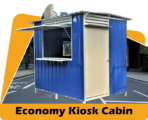
Blog
How to Build Your Dream Home in Malaysia Without Going Broke! | RumahHQ
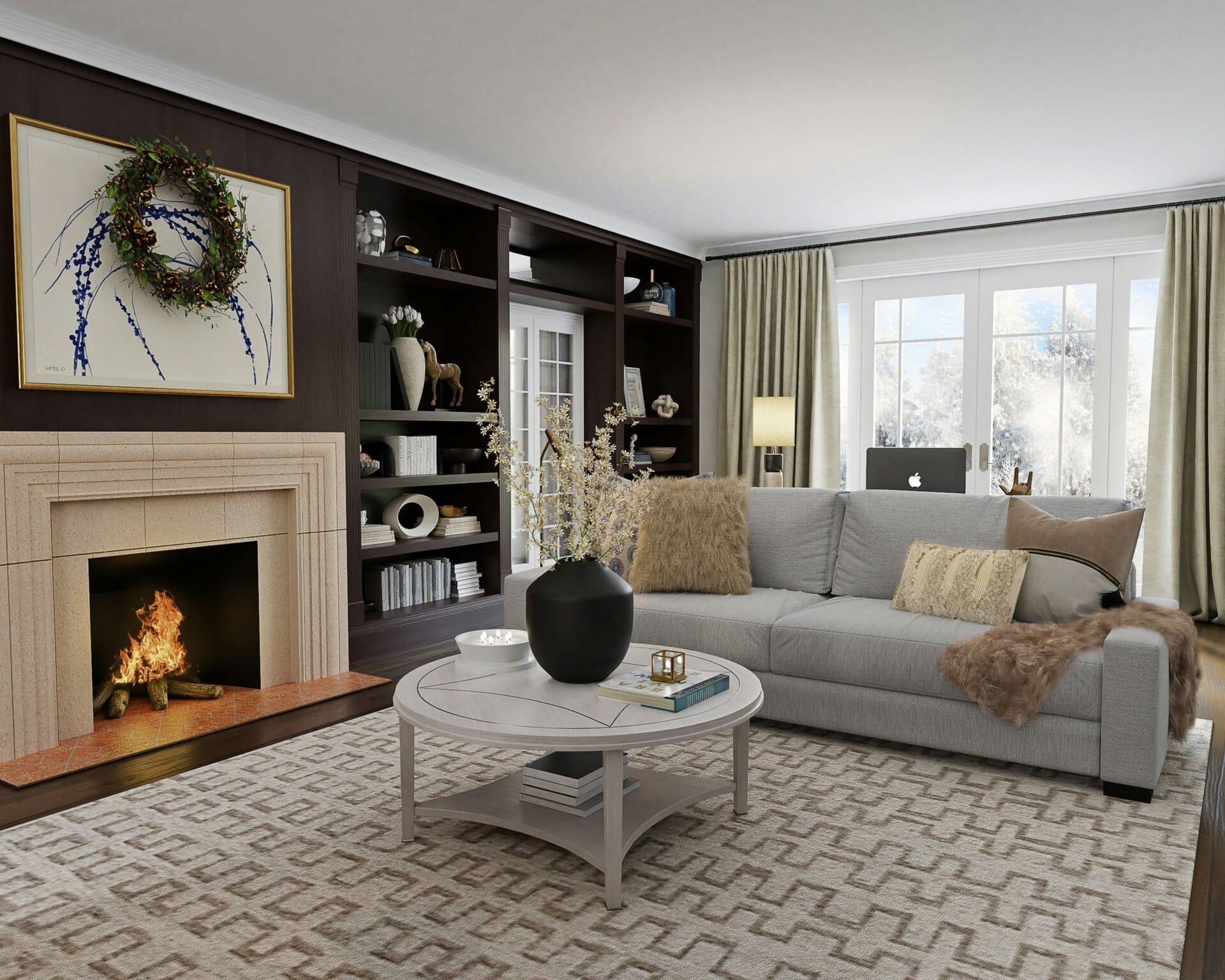
Thinking about building your dream home in Malaysia but feeling overwhelmed by the costs? You’re not alone! The idea of constructing that perfect haven often comes with a hefty price tag that can send anyone into a financial tailspin. But hold on—building your dream home doesn’t have to break the bank! With careful planning, smart choices, and a sprinkle of creativity, you can turn that vision into reality without draining your wallet. In this article, we’ll explore practical tips and strategies to help you navigate the exciting journey of home-building, all while keeping your finances in check. So, grab a cup of kopi, and let’s dive into the world of making your dream home a reality in Malaysia without going broke!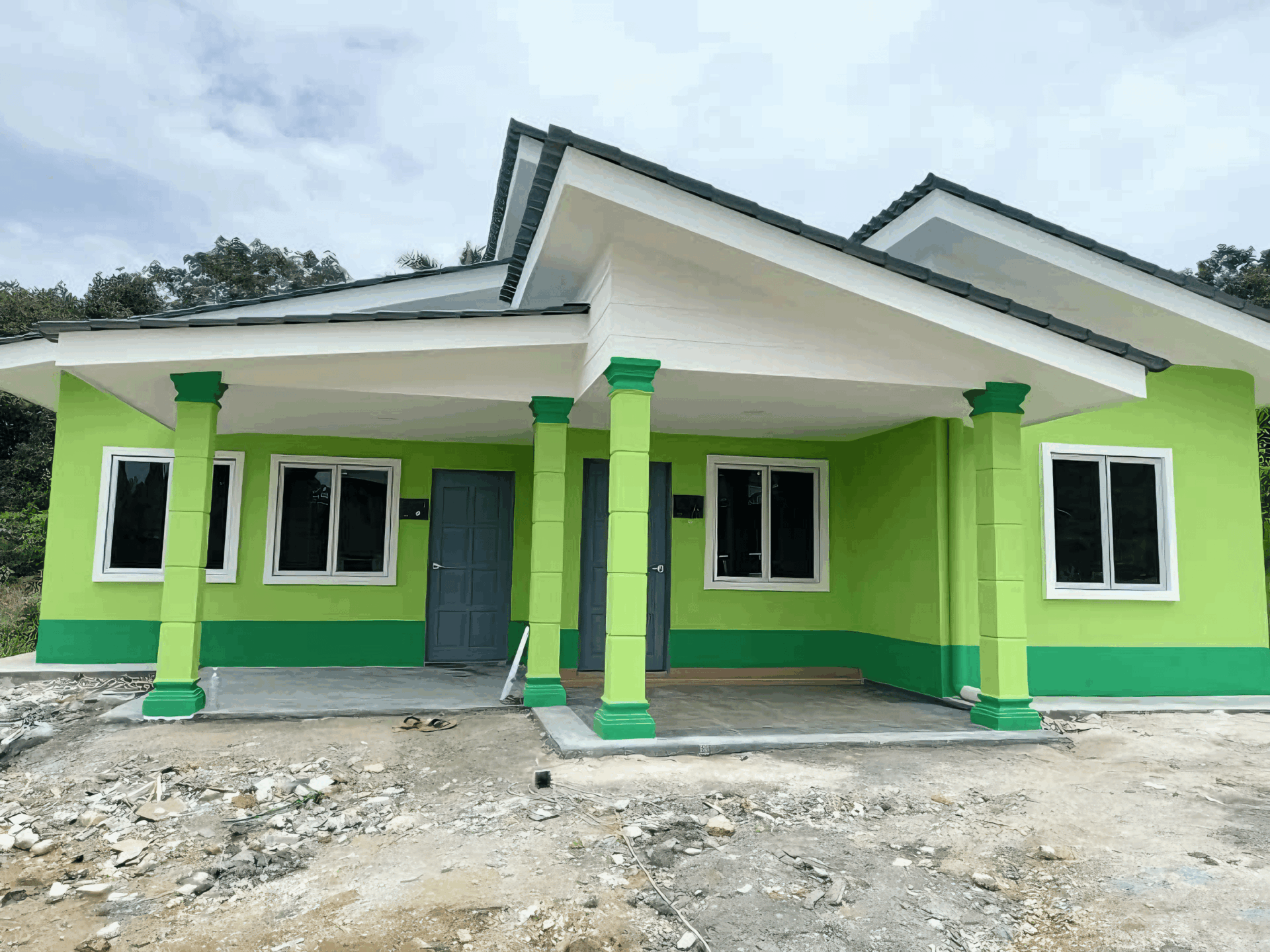
Understanding Your Budget and Financial Options
Creating your dream home in Malaysia begins by getting a grip on your budget. This doesn’t just mean knowing how much cash you have in hand, but also understanding the full scope of your financial landscape. Consider all your income sources, expenses, and savings goals. It’s important to categorize your expenditures into fixed and variable to identify where you can cut back. Here are some key points to keep in mind:
- Fixed Expenses: These could include your current rent or mortgage payments, utilities, and any loan repayments.
- Variable Expenses: Things like groceries, entertainment, and dining out can be adjusted more easily.
- Set a Contingency Fund: Having a buffer for unexpected costs during your building process can save you from financial stress later on.
Next up, consider exploring various financing options available to you. Malaysia offers a range of loans and financing schemes tailored to different needs. You might find government-backed programs, which often have lower interest rates or better terms, quite enticing. Don’t overlook potential shariah-compliant financing if that aligns with your personal beliefs. Here’s a quick look at popular financing options:
| Financing Option | Description | Ideal For |
|---|---|---|
| Home Loan | Standard loans provided by banks with fixed or variable rates. | Buyers looking for a traditional financing option. |
| Government Grants | Subsidies available for first-time homebuyers. | Those eligible based on income and location. |
| Shariah Financing | Interest-free financing in accordance with Islamic principles. | Individuals looking for compliant financial products. |
Lastly, don’t forget to keep your long-term financial health in check. A dream home should be a hub of joy, not financial burden. Consider working with a financial advisor to help you navigate your finances while you’re building. They can offer tailored advice and help you project your future cash flow needs. Remember, it’s not just about building a house; it’s about creating a place where your dreams and reality can truly coexist!
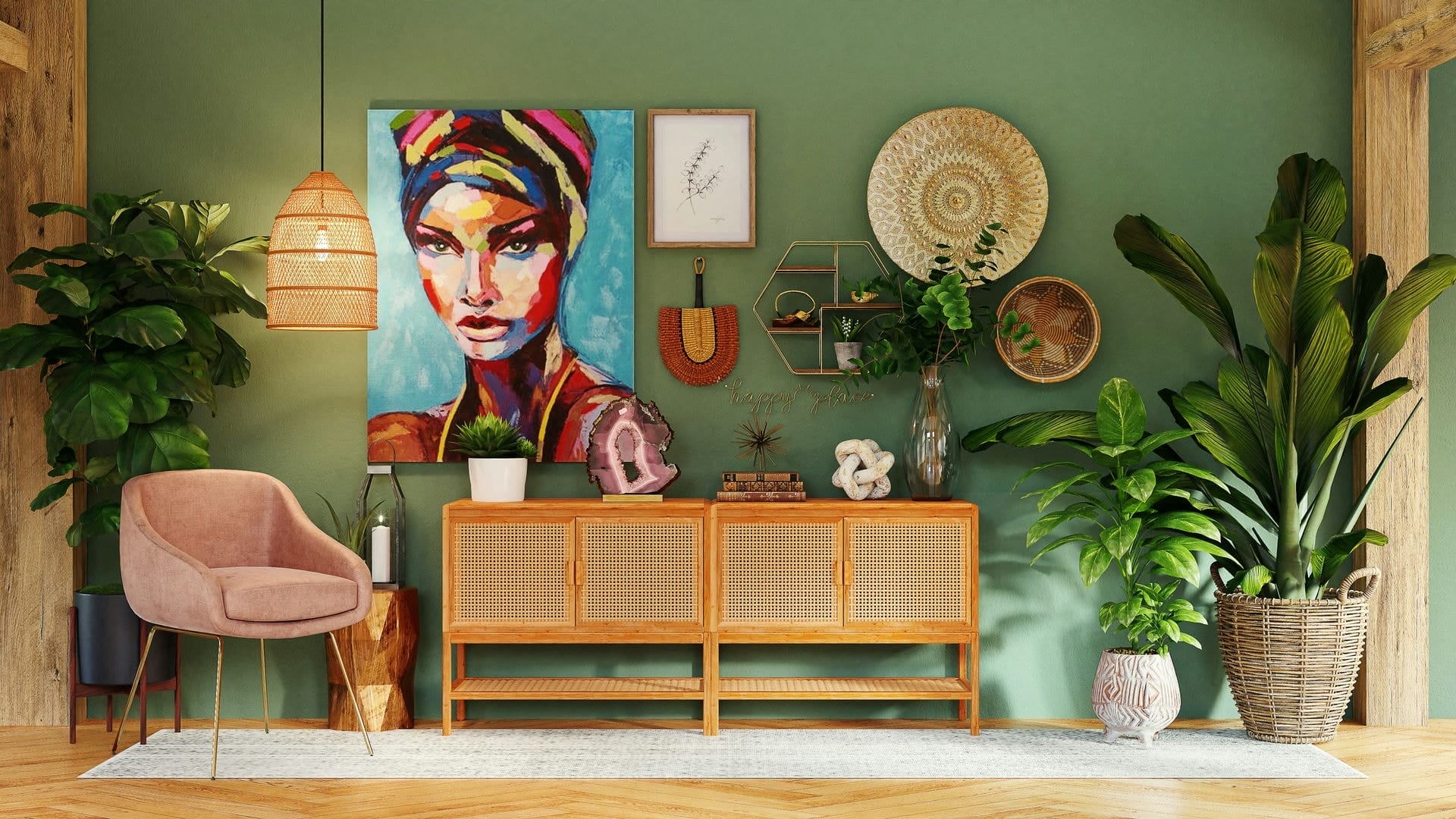
Choosing the Right Location for Your Dream Home
When it comes to finding the perfect spot for your dream home in Malaysia, it’s all about balancing your lifestyle needs with your budget. Think about what matters most to you—whether it’s being close to the city hustle, surrounded by nature, or having excellent amenities nearby. Factors to consider include:
- Proximity to Work: How long are you willing to spend commuting?
- Quality of Schools: If you have kids, their education is vital.
- Access to Public Transport: Is it easy to get around without a car?
- Safety of the Neighborhood: A secure place makes all the difference.
Next, take a closer look at the local community. Each area has its own vibe, whether it’s peppy urban life, serene suburban feel, or rustic charm. Local culture, dining, shopping options, and community events can really enhance your living experience. Here’s a quick list of community aspects to investigate:
- Recreation Facilities: Parks and gyms can keep you active.
- Cultural Events: Festivals and fairs can enrich your life.
- Neighborhood Friendliness: A welcoming community can make settling in easier.
- Future Developments: Planned projects could boost your property’s value.
consider future possibilities. It’s crucial to evaluate how the area is expected to evolve. With Malaysia’s growing economy, certain locations are on the rise. Check out the following table to see some regions that are projected to experience growth:
| Location | Projected Growth | Key Features |
|---|---|---|
| PJ | High | Excellent infrastructure and vibrant expat community |
| Kota Damansara | Medium | Family-friendly with various amenities |
| Cyberjaya | High | Tech hub with great future potential |
| Langkawi | Low to Medium | Scenic beauty and tourist appeal |
Designing a Functional Floor Plan That Fits Your Lifestyle
Creating a floor plan that aligns with your lifestyle can be an exciting yet challenging experience. To start, think about the daily activities you and your family engage in. Are you someone who loves hosting friends and family, or do you prefer a cozy, private space? Consider incorporating open-concept living areas that facilitate social interactions, while also including quiet nooks for personal time. Your dream home should reflect how you live, so jot down must-have features:
- Spacious dining area
- Home office or study space
- Kids’ playroom
- Outdoor living area
Don’t forget to think about flow and functionality! It’s important that the layout enables easy movement, ensuring your daily routines run smoothly. A well-planned corridor can connect different sections like bedrooms and bathrooms, while leaving ample space for furniture and decoration. A general guideline to keep in mind is to create zones for relaxation, work, and entertainment, which can enhance your overall living experience. Pair each zone with the right furnishing concepts:
| Zone | Furnishing Concept |
|---|---|
| Living Room | Flexible seating arrangements |
| Office | Ergonomic furniture |
| Outdoor Area | Weather-resistant furniture |
Lastly, while aesthetics matter, focusing on functionality allows you to be practical with your space. Prioritize storage solutions to keep clutter at bay. Built-in storage can help you maximize every inch of your home without sacrificing style. You can consider under-the-stair storage, wall-mounted shelves, or cabinets that blend seamlessly with your interiors. A clever organization will not only beautify your living space but also create an inviting atmosphere that makes it feel like home.
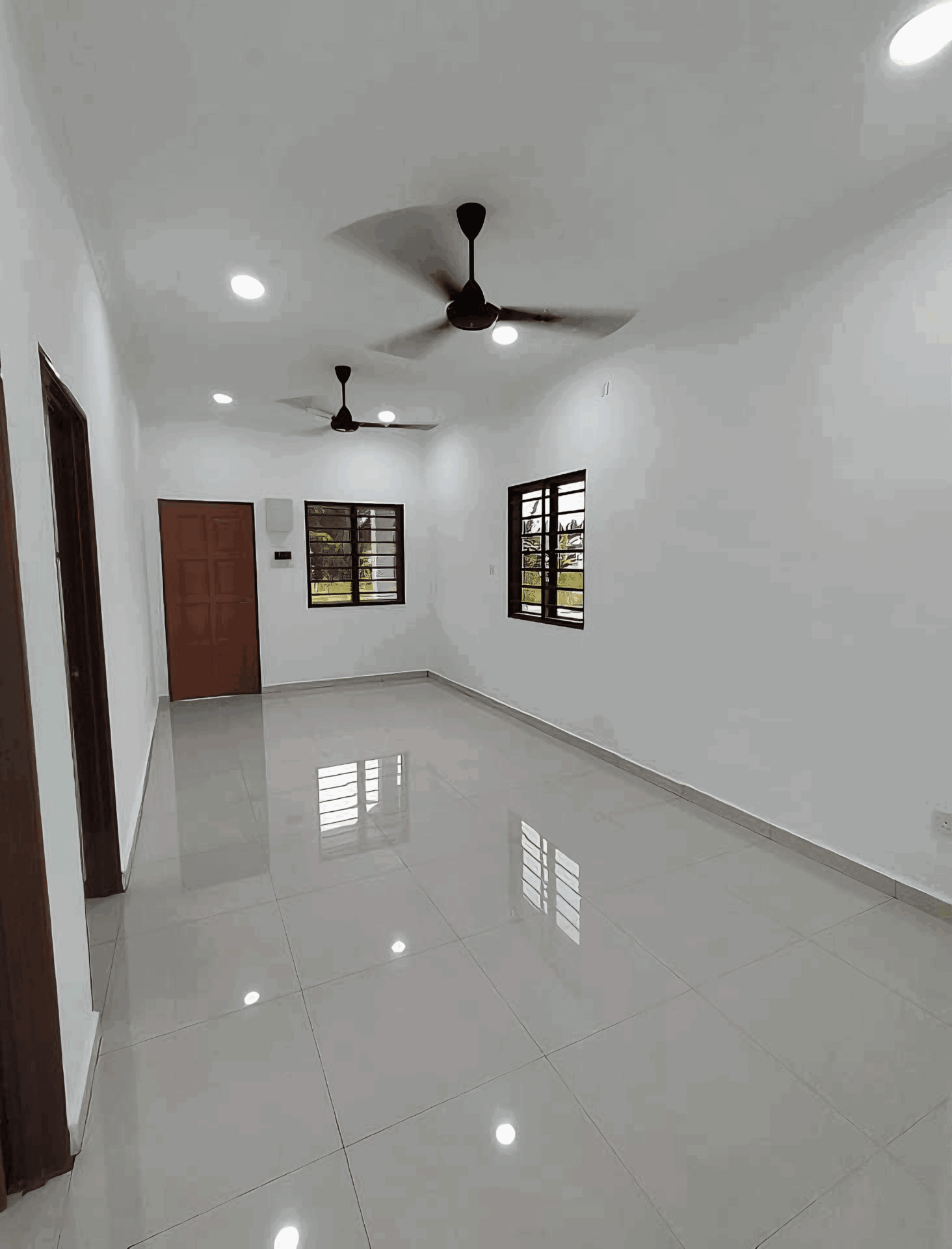
Selecting Sustainable and Cost-Effective Building Materials
When it comes to building your dream home in Malaysia, making smart choices about materials can save you a ton of cash while also protecting the environment. Start by focusing on materials that are not just affordable but also sustainable. For instance, bamboo is a fantastic option; it’s incredibly strong, grows quickly, and can be harvested sustainably. Another great choice is recycled steel, which helps reduce waste while providing a long-lasting structure. Plus, consider using locally sourced wood. Not only does it cut transportation costs, but it also supports local economies and reduces your carbon footprint.
Many homeowners overlook the significance of integrating eco-friendly insulation and finishing materials. Look for insulation made from recycled materials or natural products like sheep’s wool or cellulose. These options may come with a higher initial price tag but will result in long-term savings on energy costs. For interior finishes, think about low-VOC (volatile organic compounds) paints and finishes. Not only protective for the environment, they provide a healthier home atmosphere for you and your family!
don’t underestimate the power of energy-efficient materials and technologies. Installing energy-efficient windows and doors can dramatically decrease your energy bills, making your home both comfortable and cost-effective over time. Additionally, rooftop solar panels are becoming increasingly accessible and can be a smart investment for reducing electricity costs in the sunny Malaysian climate. The upfront cost might be daunting, but with government incentives and energy savings, it’s a move that can pay off. Here’s a quick comparison to help illustrate the benefits:
| Material | Cost (Approx.) | Benefits |
|---|---|---|
| Bamboo | Low | Strong, sustainable |
| Recycled Steel | Moderate | Durable, reduces waste |
| Low-VOC Paints | Moderate | Healthier indoor air quality |
| Solar Panels | High | Long-term energy savings |
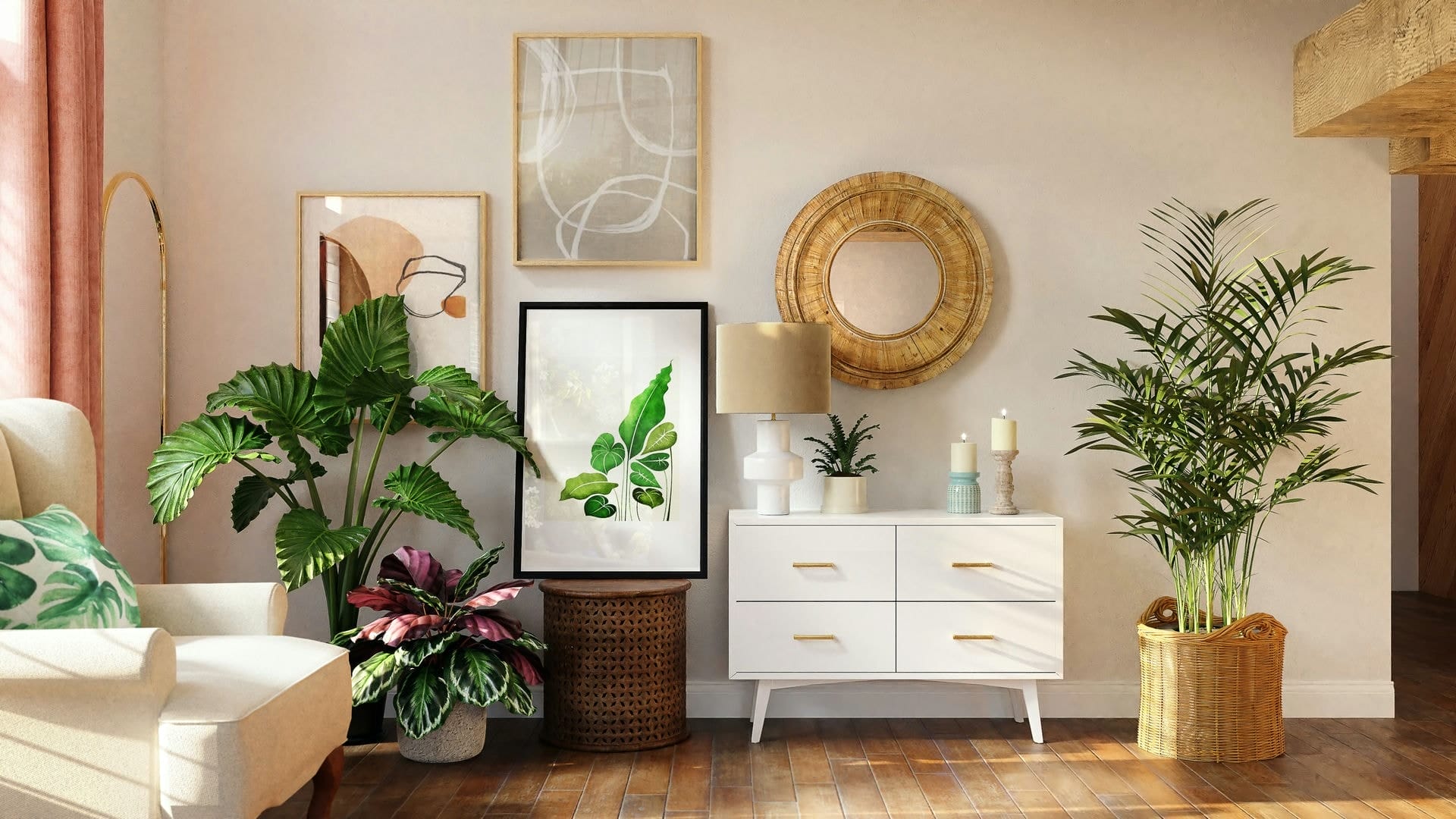
Working with Reliable Contractors and Architects
Finding the right contractors and architects can be a game-changer when it comes to creating your dream home without putting a huge dent in your wallet. Start by doing your homework—research local builders and firms with positive reviews and a solid portfolio. Utilize online platforms where previous clients share their experiences, and don’t hesitate to ask friends or family for recommendations. It’s important to choose a contractor or architect who not only aligns with your vision but also respects your budget and timelines.
When you’re ready to meet potential contractors and architects, come prepared with a clear idea of what you want. This includes having a budget in mind, as well as a list of must-haves and nice-to-haves for your home. During your discussions, be sure to ask the right questions. Consider areas such as their previous experience with similar projects, their project management approach, and how they handle unforeseen issues. A reliable contractor will be transparent about their process and willing to collaborate to help you stay on track financially.
It’s also wise to establish a contract that clearly outlines the scope of work, timelines, and payment schedules. This document will help protect both you and the contractor, ensuring that everyone is on the same page. Take a moment to think about other factors that can enhance your project:
| Factor | Description |
|---|---|
| Quality Materials | Choose materials that are durable and cost-effective without compromising on aesthetics. |
| Local Expertise | Hiring local contractors familiar with Malaysian regulations can streamline the process. |
| Open Communication | Maintain regular check-ins to address any concerns promptly. |
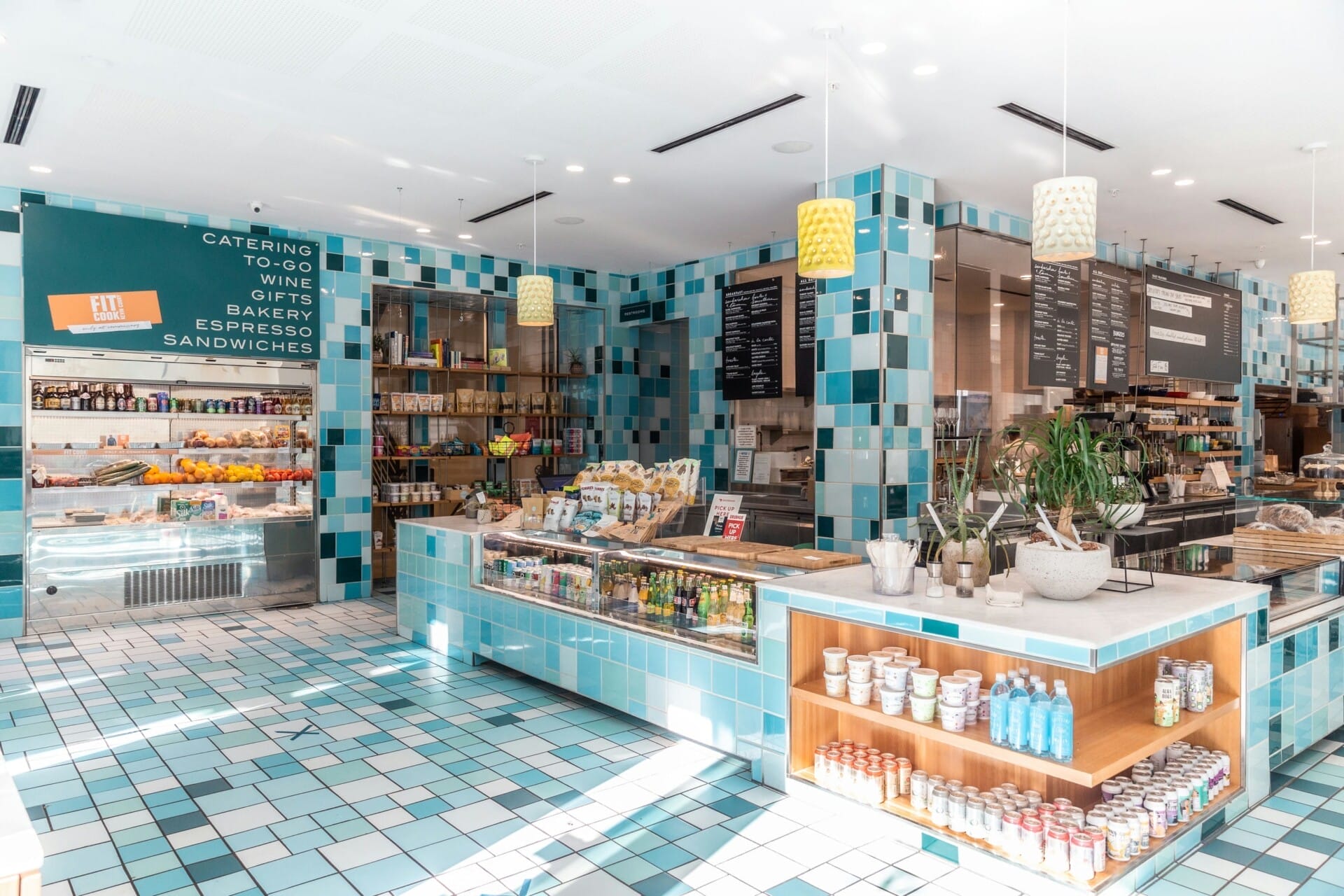
Navigating Permits and Regulations in Malaysia
When it comes to building your dream home in Malaysia, understanding the local permits and regulations can feel like navigating a minefield. Each state has its own specific requirements, and compliance is crucial to ensure your project runs smoothly. Start by identifying the necessary permits you’ll need, which commonly include:
- Building Plan Approval: This is essential to get the green light on your design.
- Site Development Permit: Required for any land clearing or earthworks.
- Occupancy Certificate: This is your ticket to move in once construction is done.
It’s smart to consult with local authorities or hire a professional to guide you through the bureaucratic jungle. Additionally, having a checklist can help keep you organized:
| Step | Description |
|---|---|
| Research | Explore local regulations within your state or area. |
| Documentation | Gather necessary documents like land titles and construction plans. |
| Submission | Submit the required plans and applications to the relevant authorities. |
| Follow-up | Stay in contact to ensure all approvals are moving along. |
Lastly, budget accordingly for permit fees and potential delays in processing. While it can be frustrating, tackling this initial challenge will pave the way for a much smoother construction process. Remember, being proactive and informed can save you time and money in the long run.
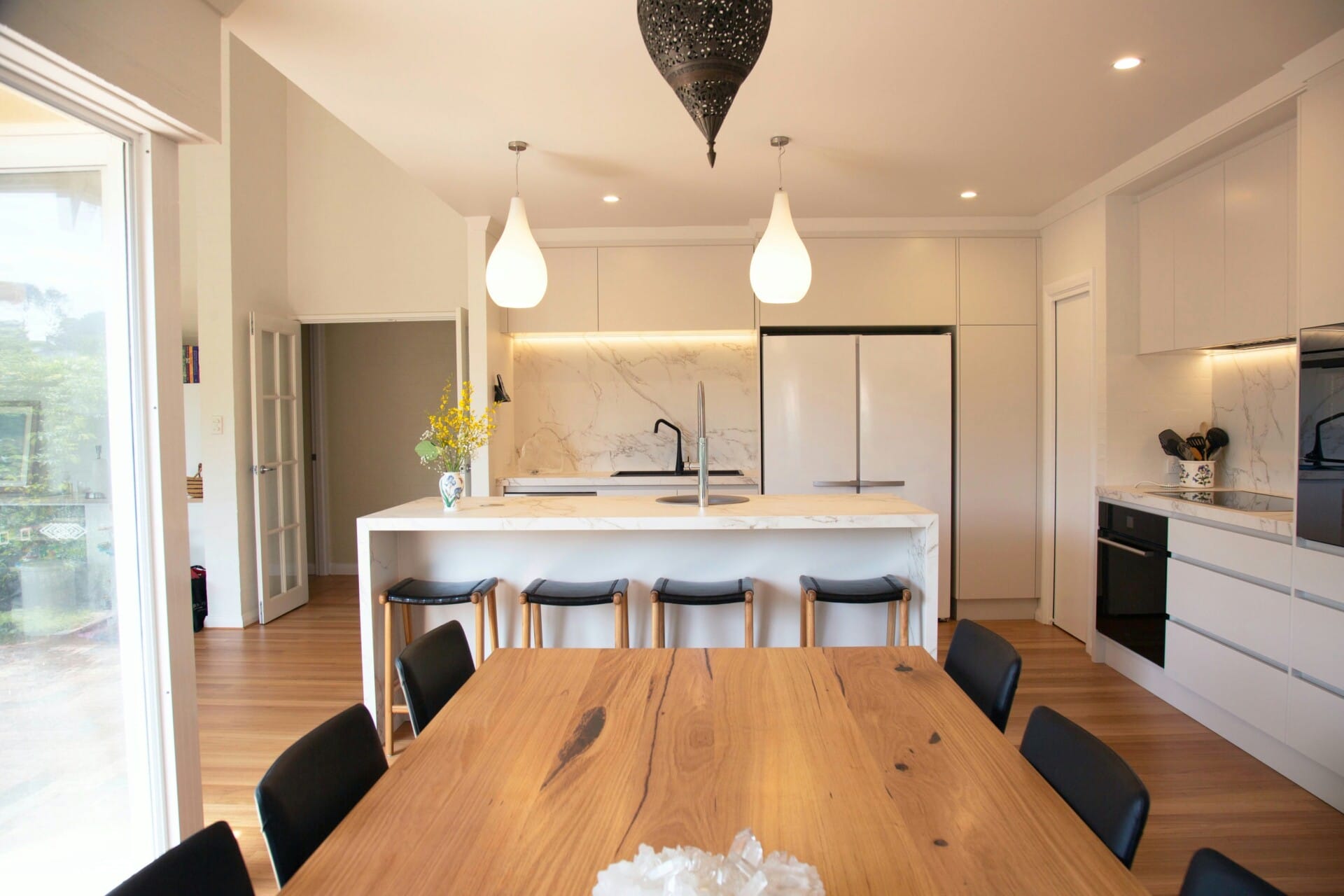
Incorporating Eco-Friendly Features to Save on Utilities
When you’re designing your dream home, think beyond the aesthetics; incorporating eco-friendly features can save you a pretty penny on your utility bills in the long run. Start with energy-efficient appliances. These might come with a higher price tag initially, but they use significantly less power. Imagine your daily chores powered by machines that help lower your electricity cost! Also, don’t forget about LED lighting; it’s like dropping a few ringgits into your piggy bank with every light bulb change!
Another smart move is to leverage Malaysia’s tropical climate to your advantage. Install solar panels to harness that beautiful sun – it’s a fantastic way to generate your own electricity while reducing reliance on grid power. If solar isn’t your thing, consider adding insulation to keep your home cool and reduce the need for air conditioning. You can also invest in double-glazed windows that not only keep the heat out but also help with sound insulation, making your home a comfortable haven.
don’t overlook water conservation methods. Installing a rainwater harvesting system can reduce your water bill significantly, allowing you to collect and use rainwater for gardening or even household purposes. Pair that with low-flow fixtures in your showers and faucets, and watch your water usage plummet. By incorporating these sustainable features into your home, you’re not just making a decision for the planet – you’re also making a financially savvy choice for your pocket!
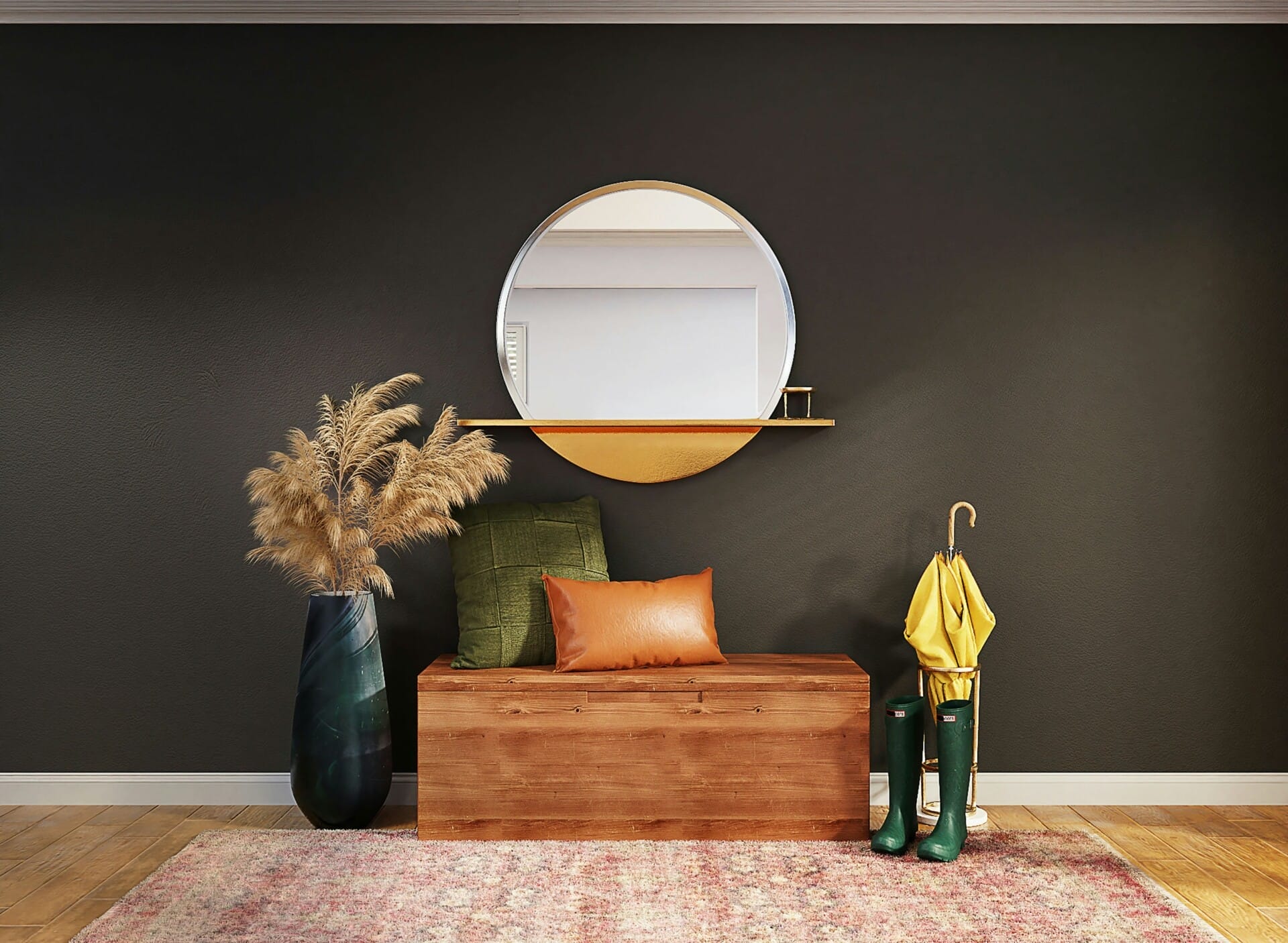
Tips for Managing Your Project Timeline and Staying on Track
Managing your project timeline is crucial to ensuring your dream home doesn’t turn into a never-ending saga. Start by setting realistic milestones and deadlines. Use a simple project management tool or just a calendar to jot down these key dates. Make sure your milestones include major tasks like securing permits, finalising designs, and selecting contractors. This’ll keep everyone on the same page and help track progress easily.
Another effective strategy is to create a task list and assign responsibilities to each team member involved in the project. Having clear ownership not only streamlines communication but also boosts accountability. You might want to break your list down into phases, making it less overwhelming. Here’s a quick example of what your task list may look like:
| Phase | Task | Assigned To | Deadline |
|---|---|---|---|
| Design | Finalise architectural plans | Architect | 1st March |
| Pre-Build | Submit permit applications | Project Manager | 15th March |
| Construction | Start foundation work | Contractor | 1st April |
Lastly, don’t forget to build in some contingency time for those unexpected delays, which often pop up during construction. Whether it’s weather-related setbacks or supply chain issues, giving yourself a buffer will ease the pressure. Regularly review the timeline and hold check-in meetings to adjust as needed. Be proactive and flexible, so you’ll find that staying on track becomes much more manageable!
Wrapping Up
And there you have it! Building your dream home in Malaysia doesn’t have to break the bank. With a bit of smart planning, armed with these tips and a sprinkle of creativity, you can create a space that feels like you—without the hefty price tag. Remember, it’s all about finding the right balance between staying within budget and ensuring your home reflects your personality and lifestyle.
So, roll up your sleeves, grab your tools, and get started on this exciting journey! Whether it’s a cozy bungalow in the suburbs or a chic apartment in the city, every brick you lay is a step closer to your dream. And who knows? You might even discover some hidden gems along the way. Here’s to building not just a house, but a home filled with love, laughter, and wonderful memories. Happy building! 🏡✨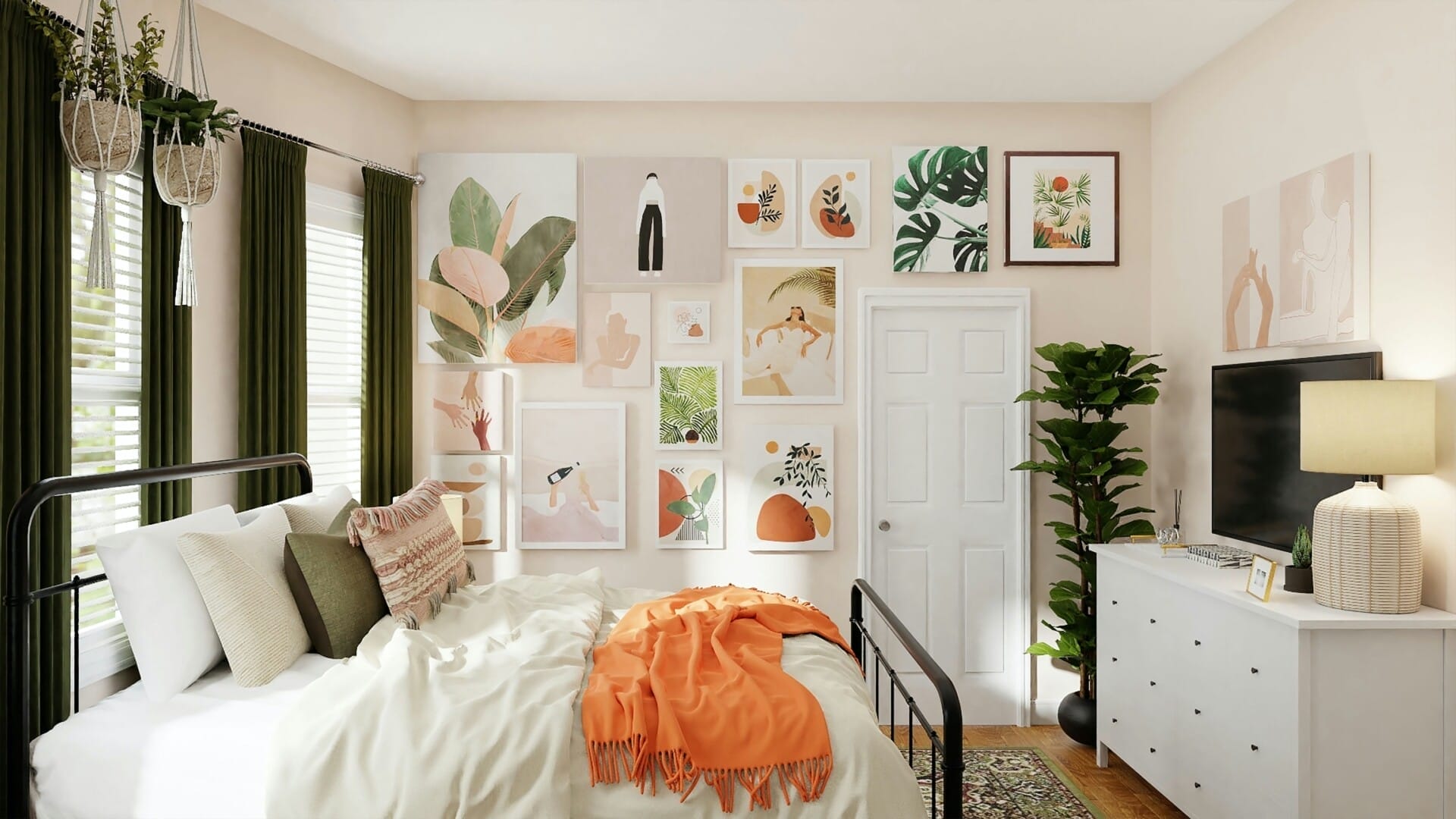
kontraktor rumah
bina rumah
pinjaman lppsa
pengeluaran kwsp
spesifikasi rumah
rumah batu-bata
pelan rumah
rekabentuk rumah
bina rumah atas tanah sendiri
kontraktor rumah selangor
rumah banglo
Source link








